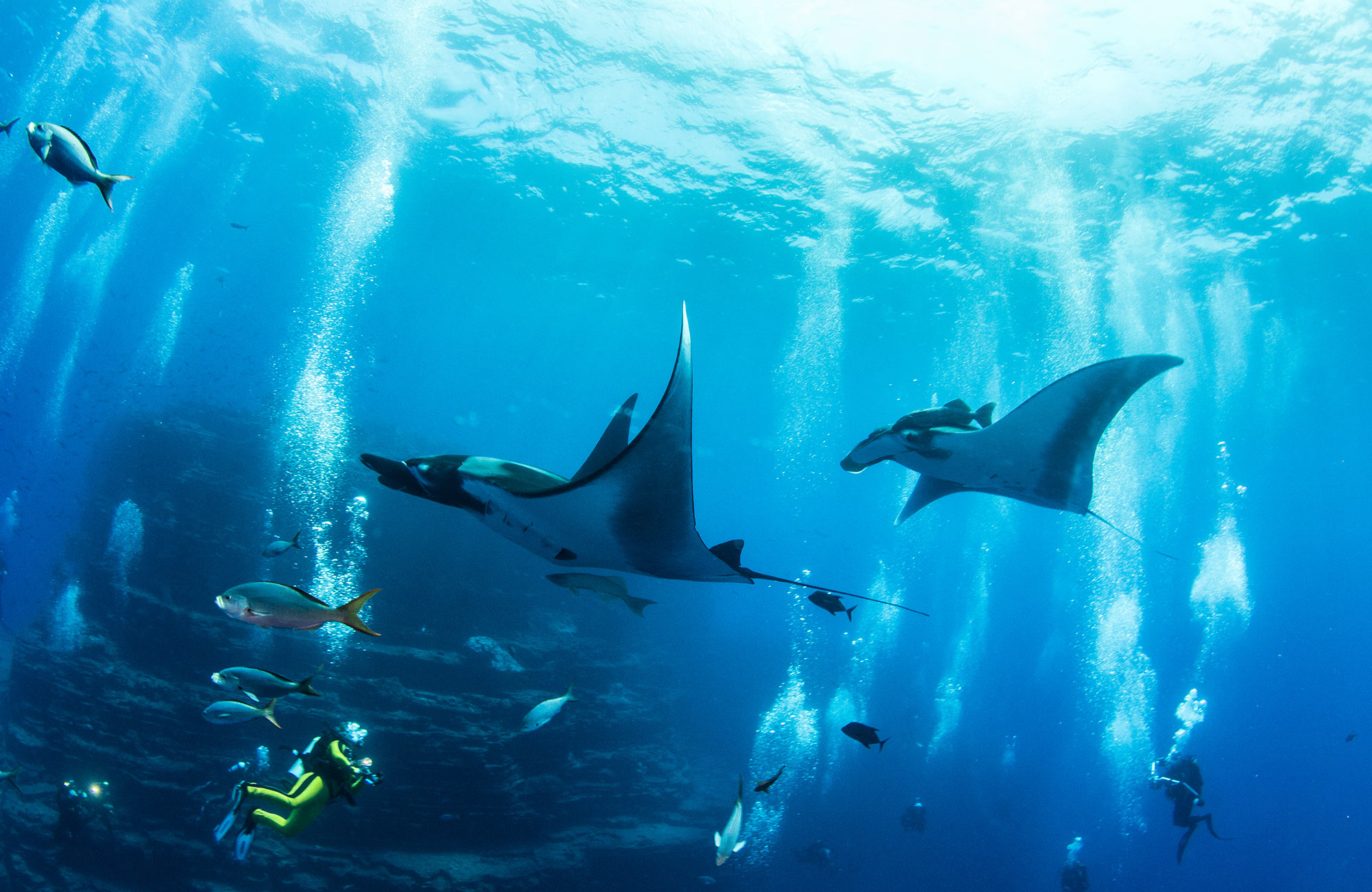Vil du jobbe med å ta vare på vårt skjøre marine-økosystem? En vanlig dag på jobb som frivillig innen marin beavring tar deg til noen fantastiske destinasjoner både over og under vann. Som marinefrivillig kan du bli med i et team av internasjonale frivillige og utforske noen av verdens mest unike og vakre regioner, leve blant dramatisk tropisk natur og bidra til de uvurderlige marine bevaringsinitiativene som er utarbeidet.
Jobb som frivillig med marine bevaringsprosjekter
71 % av planeten vår er dekket av vann, men den er truet av plast, overfiske og manglende bevissthet om den skaden vi faktisk gjør. Frivillige prosjekter for bevaring av livet under vannoverflaten fokuserer på å gjenopprette skadede økosystemer og beskytte truede marine arter. Som frivillig inne marinbiologi og konservering vil du hjelpe og ta del i forskning som bidrar til å opplyse om de artene og systemene vi ennå ikke helt forstår.
Uansett om du har et friår fra skolen, skal på flere ukers ferie, tar en pause fra karrieren eller skal på en lengre jorden rundt-reise, så finnes det mange muligheter for å hjelpe til. Prosjektene våre er alltid på utkikk etter nye frivillige! Du kan velge å gi ditt bidrag i et par uker eller flere måneder om du ønsker.
Vil du vite mer om mulighetene? Ta kontakt med våre reisespesialister nedenfor.
Snakk med oss om frivillig arbeid


